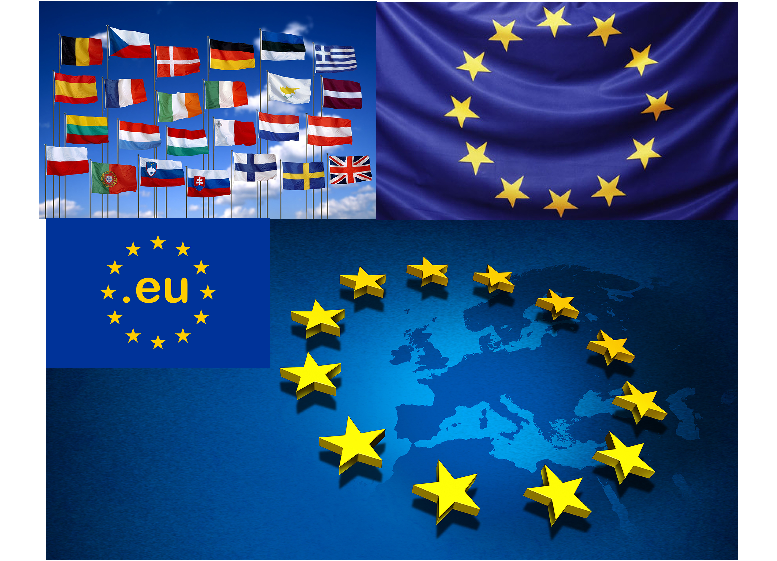The European Commission on Wednesday, proposed tightening controls on cash and precious metals transfers from outside the EU, in a bid to shut down one route for funding of militant attacks on the continent.
The move follows Monday’s attack on a Christmas market in Berlin, where 12 people were killed as a truck ploughed into a crowd.
It is part of an EU “action plan against terrorist financing”unveiled after the bombings and shootings in
Paris in November 2015.
Under the new proposals, customs officials in EU states will be able to step up checks on cash and prepaid payment cards transferred via the post or through freight shipments.
Authorities will also be given the power to seize cash or precious metals carried by suspect individuals entering the EU.
People carrying more than 10,000 euros (10,391.00 dollars) in cash are already required to
declare this at customs upon entering the EU.
The new rules would allow authorities to seize money even below that threshold “where there are suspicions of criminal activity,” the EU executive
commission said in a note.
“With today’s proposals, we strengthen our legal means to disrupt and cut off the financial sources of terrorists and criminals,” the commission vice-president Frans Timmermans said.
EU officials said some of the recent attacks in Europe were carried out with limited funds, sometimes sent from outside the EU by criminal networks.
The Commission is also proposing common rules for the 28 EU countries on freezing “terrorists’ financial resources” and on confiscating assets even from those thought to be connected to criminals.
To prevent the laundering of illegal funds, Brussels also wants EU states to abide by minimum-common-rules-on-money-laundering with the aim of blocking criminals from exploiting legal differences between different EU countries.
Security forces across the bloc would also be able to exchange information more effectively on criminals under a new planned review of the European system for sharing information.
The proposals will need approval from EU states and the European Parliament to become law.
The plan complements proposals made by the Commission after the November-Paris-attacks to tighten controls on virtual-currencies, such as bitcoin, and prepaid-cards, which the French authorities said were used to fund the bombings.
After months of talks, EU states on Tuesday backed these proposals.
Under the deal, which still needs the approval of the European Parliament, holders of prepaid cards would have to show some form of identity when they make payments of 150 euros or more. (Reuters/NAN)




 Premier League
Premier League